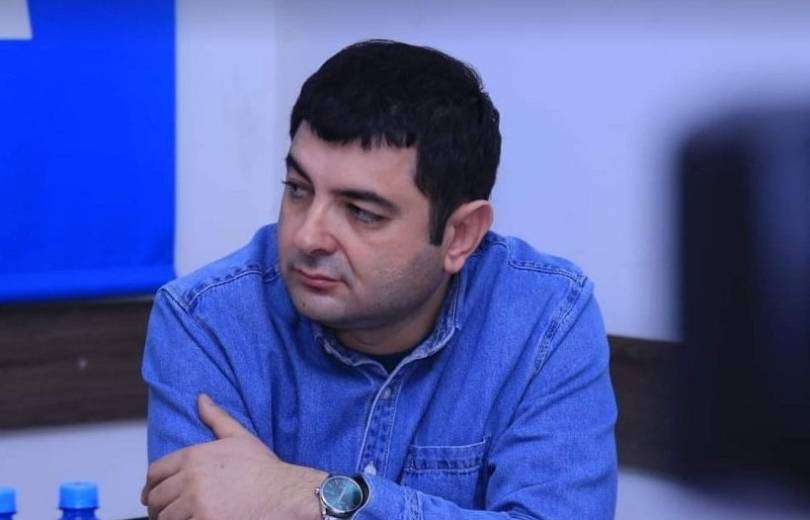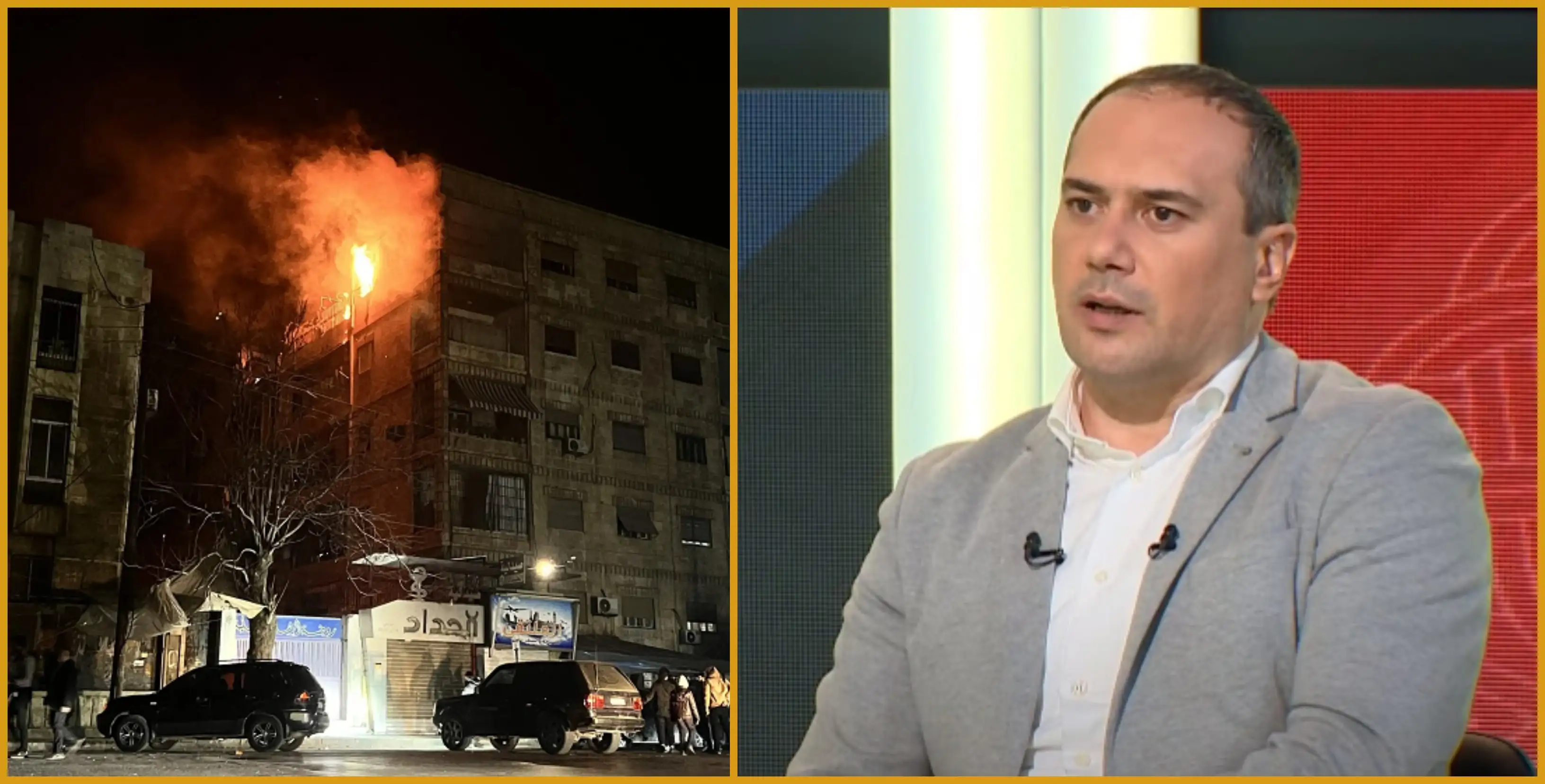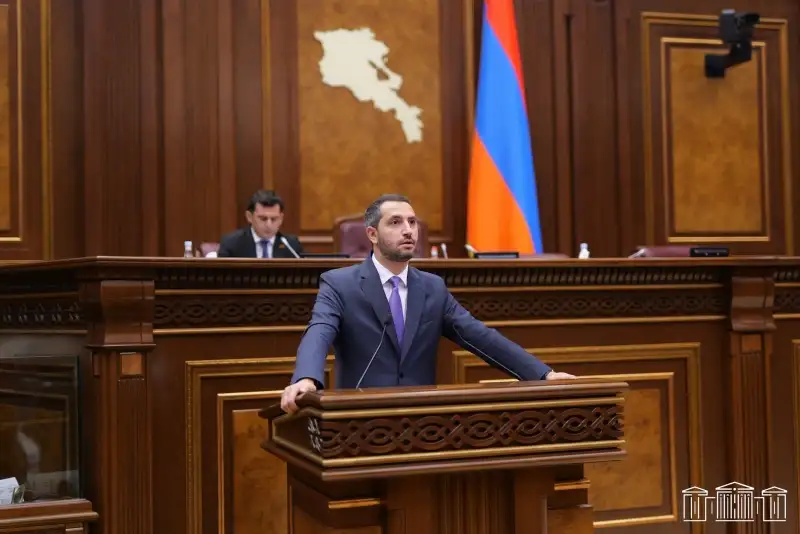Radar Armenia's interlocutor is political scientist David Stepanyan.
- What can we conclude from the information from the Pashinyan-Aliyev meeting: is the signing of the agreement close?
- The Abu Dhabi meeting at least indicates that the signing of the agreement is approaching. At least, work is being done in that direction, and it is systematic. Both Armenia and Azerbaijan are participating. Although there are no mediators at the table, there are mediators who are not visible. This is the US and, already, Turkey. If we compare this to the "blissful" years of Russian mediation, this represents a step forward. If we compare it to negotiations without mediators at all, in which progress is made, of course, this is not a good option. We compare it with what has happened and what we have today. It is not a bad option.
- Why is Aliyev delaying the process? What does he want to get? In your opinion, does he have any intention of signing at all, or is he just delaying it?
- Aliyev will try to extract the maximum, but he will also be content with the minimum. The maximum is the artificial agenda that Aliyev has put forward regarding the Armenian constitution, the nonsense about Western Azerbaijan, and the return of 300 thousand Azerbaijanis. The minimum, the real agenda is that Aliyev, through this new round of negotiations, where there are no mediators, can get what he has been striving for, namely, a railway connection between Azerbaijan and Nakhichevan and, continuing to Turkey, later a highway, communication, and all of that, yes, he can get on the terms that are currently being discussed.
- So, can we say that Russia has been pushed out of the Armenian-Azerbaijani negotiations and, in general, the region?
- Yes, based on the results of Abu Dhabi, Russia is being pushed out of the Armenian-Azerbaijani negotiations and, in general, the region. This happened through Russia's determined efforts. Starting on September 27, 2020, Russia initiated an operation that ultimately led to its expulsion. Russia tried to further bind both Armenia and Azerbaijan through this arranged war by deploying its military base in Nagorno-Karabakh and ceding most of the territory of Nagorno-Karabakh to Azerbaijan and the Turks, and thereby implementing point 9, binding the entire region to its control. This plan may have had a chance to succeed if Russia had been able to achieve victory in Ukraine and capture Kyiv. We saw that this did not happen in 4 years, as a result of which Russia was forced to cede its part of Nagorno-Karabakh at the behest of Turkey and withdraw its military base from the territory of Nagorno-Karabakh. Thus, Russia lost its last leverage over Azerbaijan and, to some extent, Armenia. It lost the right to manage the Armenian-Azerbaijani conflict. This has led to a situation where Russia has been pushed out of the Armenian-Azerbaijani negotiations and, in general, the region.
- There was talk of delegating the unblocking of the channels to a foreign company. In your opinion, how beneficial is this to Armenia?
- We need to understand what we are comparing it to, and what options we are choosing. If we choose this plan, which we can conditionally consider an American plan, we compare it with the Russian plan, as outlined in the document of November 9, and it is beneficial to us. If we compare it with the road operating 100% under Armenia's sovereignty, which will connect Azerbaijan, Nakhchivan, and Turkey, then it is not so beneficial. But politics is the art of the possible. At the moment, we have what we have, and our current choice is this. If we want to maintain good relations with the US, Turkey, and Azerbaijan, we must proceed in this manner, as we currently have no alternative. Yes, there are additional risks associated with these processes, but they are in proportion.
Angela Poghosyan


















